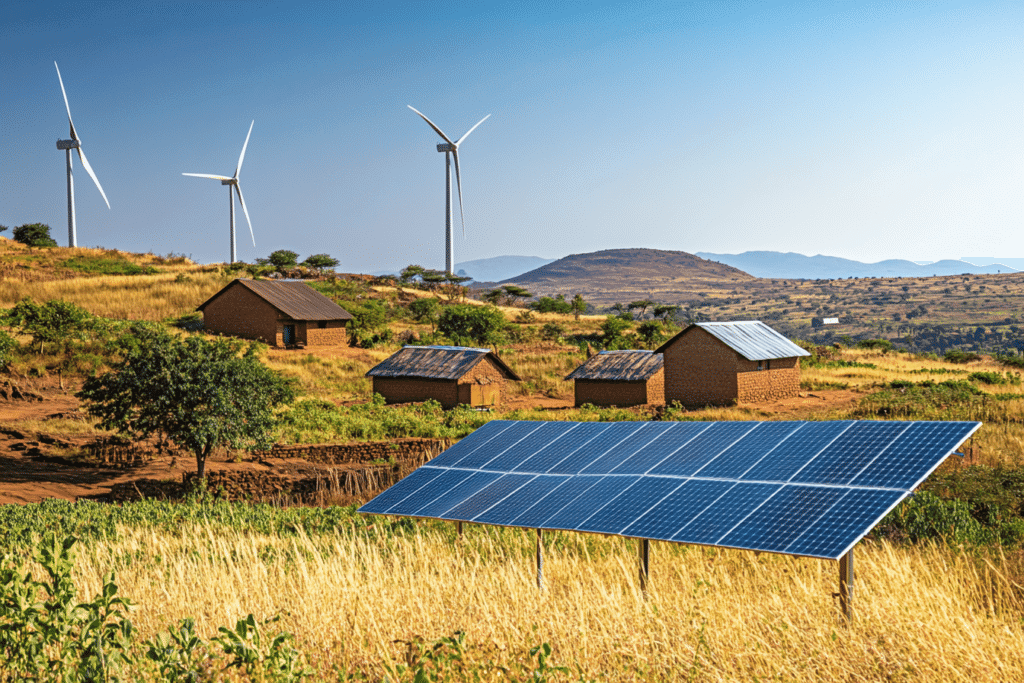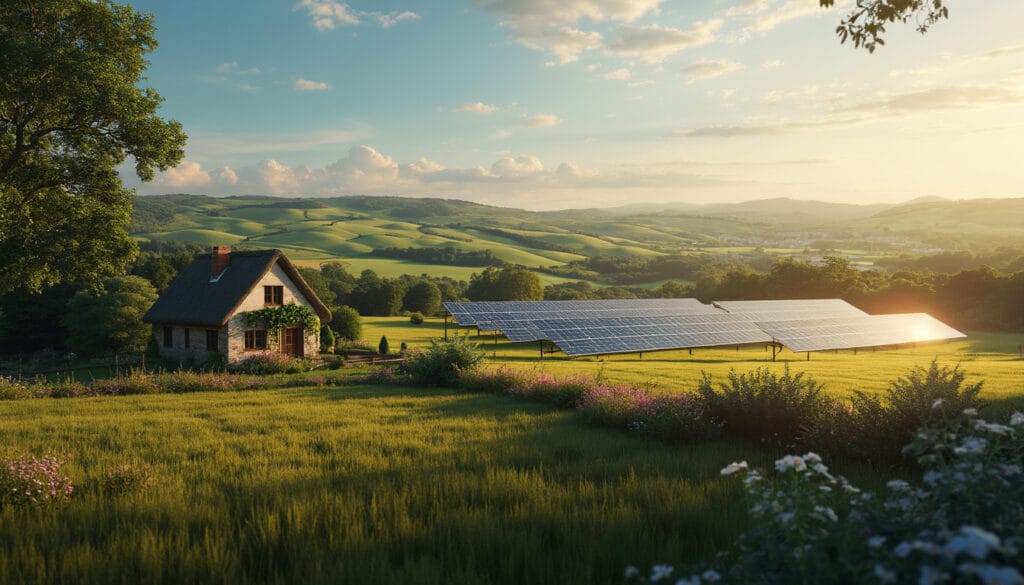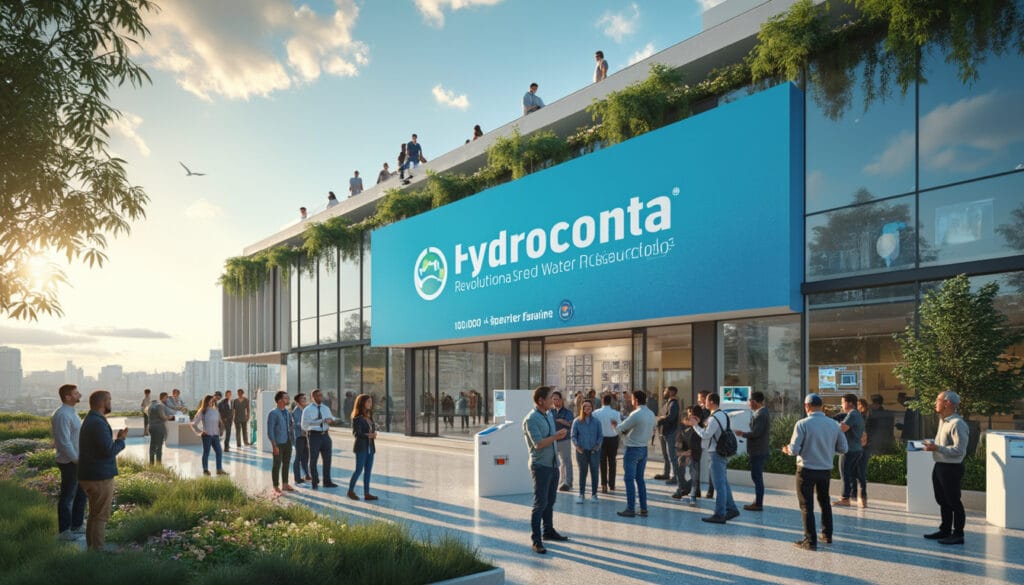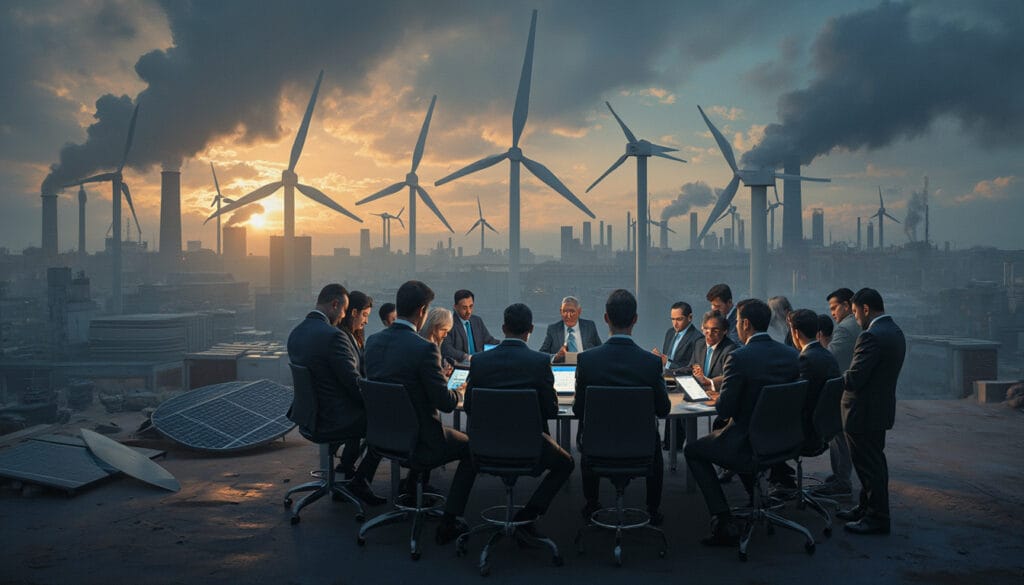Africa holds immense untapped potential in renewable energy, from solar to hydroelectric power. Yet, the continent faces significant structural challenges that still hinder investments. While major energy companies are retreating, new long-term vision players are finding promising market opportunities.

Africa, an under-equipped continent with colossal potential
With only 67 GW of installed renewable capacity for an estimated potential of over 9,000 TW, Africa remains one of the least electrified continents on the planet. According to E-CUBE Strategy Consultants, only 60% of Africans have access to electricity – a figure that drops to 50% in Sub-Saharan Africa. This paradox can partly be explained by the gradual withdrawal of international investors, hindered by a perception of political, economic, and regulatory risks.

The study highlights that hydroelectric power remains predominant, with 40 GW installed out of a potential 630 GW. Solar, despite having exceptional sunlight (7,900 GW potential), is still underutilized. Wind (9 GW installed for 441 GW possible) and geothermal energy remain marginal. This massive under-exploitation underscores a glaring delay, but also a wealth of opportunities for those who can anticipate the upcoming growth.
A Western withdrawal that paves the way for new leaders
E-CUBE observes a profound reshaping of the African energy landscape. While many European groups are disengaging – like Engie, EDF, or Neoen – and private equity funds are redirecting their portfolios to other markets, some local or regional platforms like Globeleq or Lekela are stepping in. Large industrial groups, such as TotalEnergies or Schneider Electric, remain active as well.

But it is mainly the development finance institutions (DFIs) that now play a central role. The report estimates their annual contribution at 10-12 billion USD, with a clear redirection towards green projects. At the same time, China announced a 50 billion USD investment plan for 2024 to support clean energy on the continent. This partial withdrawal of historical players creates a strategic space for long-term vision entrants who can provide stability, expertise, and structuring financing.
A unique opportunity for resilient and committed investors
The E-CUBE study does not downplay the obstacles: currency volatility, political instability, heterogeneous regulatory frameworks, and high capital costs. Nevertheless, it also highlights the tools available to secure investments, such as guarantees offered by MIGA or project structuring in over-the-counter agreements in countries with flexible regulations.

This repositioning of the African renewable energy sector is not merely a trend but the beginning of a structuring investment cycle. Local developers, seeking long-term capital, and closed-end funds looking to divest their assets present a pool of opportunities. For pioneers ready to establish a sustainable presence, this new phase of energy transition could well become a growth accelerator on the continent.
Article based on a press release received by the editorial team.
Articles similaires
Thank you!
We will contact you soon.














